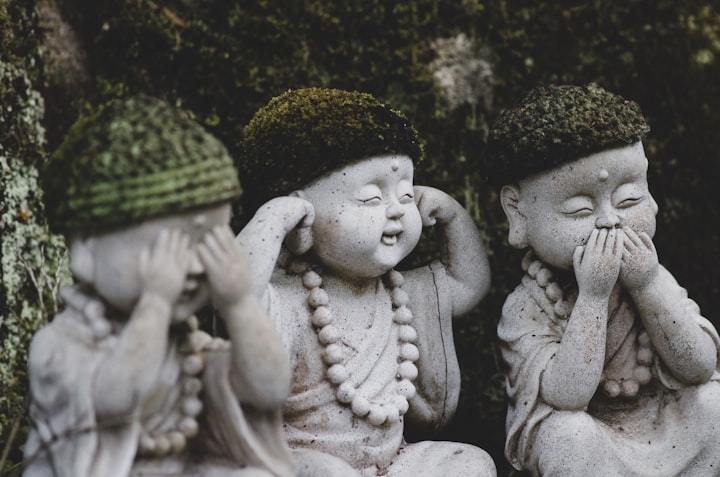Journalling: The Simplistic Power of Scribbling Your Troubles Away
The rise of journal therapy has been un-ignorable on social media. Is this really just a new Instagram trend or does it genuinely have therapeutic results? Surprisingly, as a cynic, my experience proved to be the latter.

For many years, I have struggled to materialise vague and mostly unrealistic New Years Resolutions I make year-to-year. Like many of you reading this, I have set unattainable, yet super common, yearly goals such as losing a ridiculous amount of weight for a self-confidence boost, or getting up every morning at 5AM to do yoga and meditation, and another previous one I am not proud to admit: finding someone so I don't have to have the painful annual Christmas talk with extended family who never fail to ask if I have found a partner or significant other yet (evidently Tinder proved ineffective over the years).
However, I did set one at the end of 2017. I promised myself to merely cope with emotional trauma and negativity, whether that be deep-rooted or temporary, with healthier coping mechanisms. For years I have inadequately and ineffectively dealt with my inner demons and temporary issues by drinking, dating, and excessively whining to my loved ones, particularly my best friend and my boyfriend. As expected, many of my problems crept back up and bit me back in the ass as whining surprisingly does very little.
It wasn't until this month that I discovered that there is only so much moaning and whining I can do that exhausts both others and myself. I become sick of hearing myself whine about the same problems that I was not doing anything active about to solve.
I decided that enough was enough and I needed to find something constructive and positive. At the time, I was upset over an ex-best friend I stopped talking to a while back who betrayed my trust and stopped talking to me at a time I needed them most. What upset me more was the fact that there was no real argument, no closure, and no final goodbye.
For months I've occasionally thought about them and if they miss me, and I couldn't find any real closure months on. This wasn't helped as the rules of social media dictated that I should continue to follow them. Plus, a BFF breakup in adulthood is not something I was equipped to deal with. There are no breakup songs or films to relate to. I learnt that other than the angsty "Bad Blood," Taylor Swift's breakup songs are only limited to romantic relationships with men.
So I bought a cheap dotted journal, a ton of colourful pens, pencils, and crayons and jotted down and drew my troubles away. Whilst doing so, I put some Erykah Badu on, burned some incense, and drew my thoughts into a colourful, collected, and condensed page full of consoling quotes. Doing so made me feel a sense of closure, perspective, and positivity that I had never felt before.
As a sceptic myself, I can appreciate some people's reservations about the suitability of this to everyone as "one size does not fit all," particularly with the sensitivity of some issues. However, there are many benefits of giving journalling a go.
1) It's inexpensive—my whole therapy "kit" came to approximately £10.00 including the journal and I've had tons of use of it.
2) It's easily accessible for people who have busy schedules such as myself. Counselling is difficult to gain access to (especially under Tory government, no shade) and it is time consuming. With journalling, you can do this from anywhere.
3) It has been proven to alleviate trauma and depression in those who have experienced abuse such as myself. As proven by Baikie and Wilhelm's study on writing about traumatic experiences, it was shown that those participating experienced better health outcomes by writing about their most traumatic experiences for 15 minutes, four days in a row.
4) On this note, it is highly effective for those battling taboo topics such as traumatic experiences who do not yet feel comfortable opening up to others about it. This is equally applicable to those who feel the issues they are facing are trivial and perceived as minor to the outer world. However small you perceive your problems to be, they are still equally as valid and deserve to be expressed.
5) It's fun! I felt too unartistic and silly to begin with but the inner child in me was allowed to express themselves in an innocent way that adult-me never gets to do.
I do appreciate as aforementioned, that what works for me might not work for all of you.
Overall, however, I do think the benefits of journal therapy are underestimated, and for me personally, journalling has given me a sense of mental clarity that no other form of consoling or counselling has given me as much of due to the ease and reasons mentioned above.
About the Creator
Sophie Webb
Politics and Geography graduate, 22 years old, U.K.






Comments
There are no comments for this story
Be the first to respond and start the conversation.